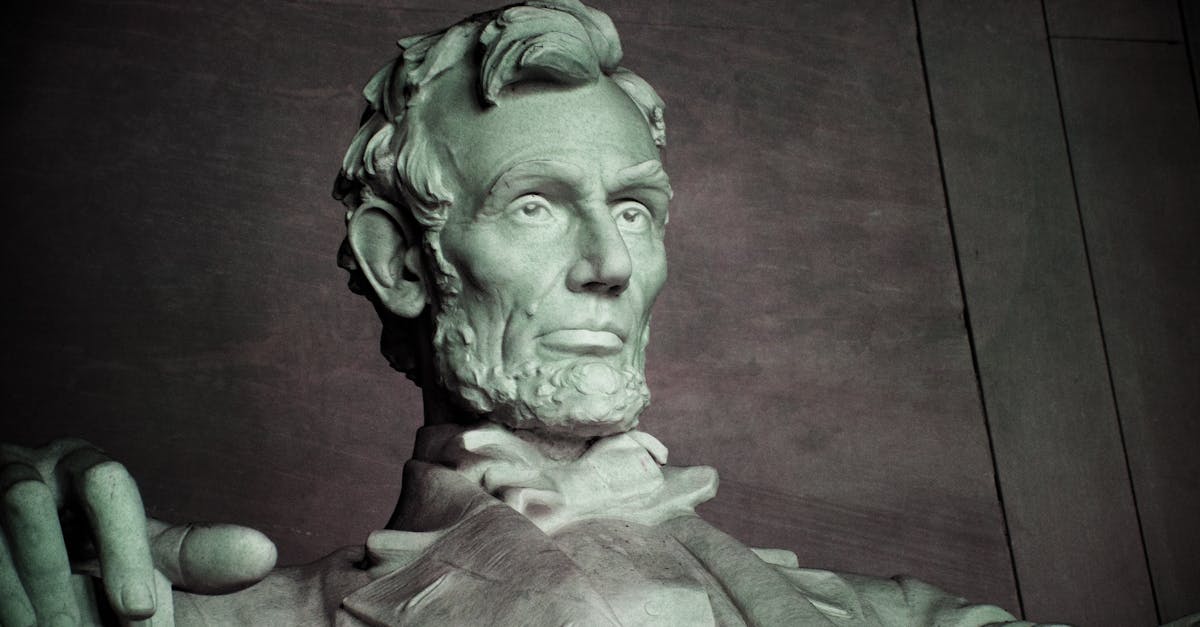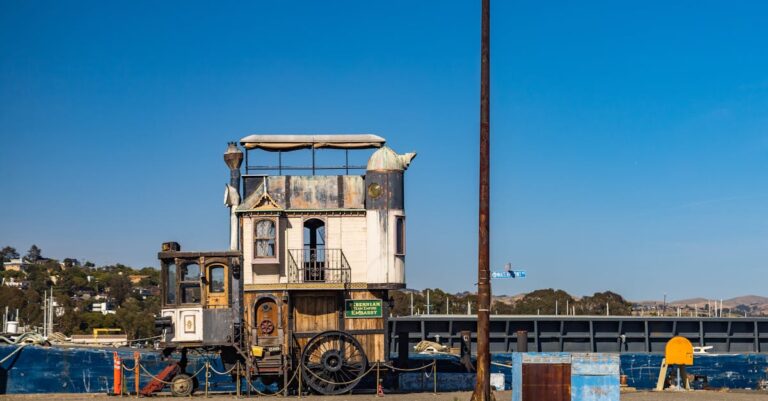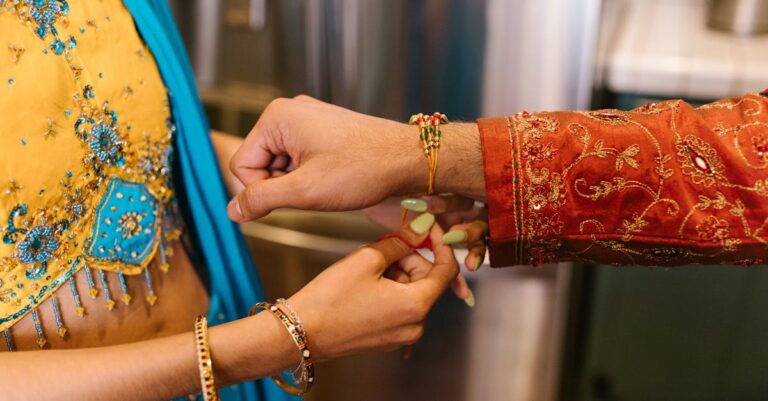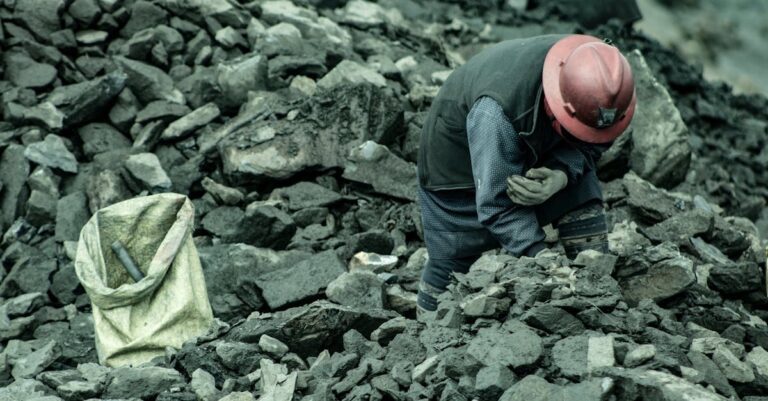
The air reeked of iron and burnt hair as Clara stumbled through the dense pine woods, her boots sinking into the damp earth. The moon hung low, a pale crescent slicing through the canopy, casting jagged shadows that twisted like skeletal fingers. Her chest heaved, each breath a ragged gasp, but she forced herself forward. Somewhere ahead, the river murmured, its voice a promise of freedom—or death. She clutched the frayed edge of her shawl, feeling the cold seep into her bones. The sound of hoofbeats echoed in the distance, sharp and relentless, and she dropped to her knees, pressing her palms into the mud. A crow cawed overhead, its call echoing her own silent scream. She had left the plantation at dawn, but the woods felt older than time, their silence heavier than the chains she’d shed. A twig snapped behind her. Clara froze, her pulse a frantic drumbeat. The shadows shifted. She rolled to the side, dirt stinging her cheek, and scrambled toward the river’s edge. The water glowed silver in the moonlight, its surface rippling with the weight of her fear. She hesitated—only a moment—but the shouts grew louder, closer. With a final breath, she plunged into the cold, the current seizing her like a lover’s grip. Beneath the surface, the world dissolved into darkness and silence. When she surfaced, gasping, the woods were gone. All that remained was the river’s endless flow, carrying her toward a future she could not yet name.
The next morning, Clara awoke to the scent of pine and damp earth, her body stiff and aching. The river had deposited her at the base of a weathered stone bridge, its stones moss-covered and ancient. She stood, shivering, and scanned the horizon. A faint trail of smoke curled into the sky from a distant farm, but the land here was empty, save for the rustle of leaves in the breeze. She walked for hours, her feet blistered, until she reached a clearing where a small cabin stood, its roof sagging under the weight of time. The door creaked open before she could knock, revealing a man with eyes like storm clouds and a voice that carried the weight of decades. “You’re late,” he said, not unkindly. Clara opened her mouth to speak, but the words caught in her throat. The man stepped aside, gesturing for her to enter. Inside, the air was thick with the smell of herbs and old wood. A woman sat by the fire, her hands moving with quiet purpose. She looked up, her gaze piercing. “You’re from the south,” she said. Clara nodded, her fingers curling into fists. The woman studied her for a long moment before nodding. “Come closer. You’ll need to rest.” But Clara couldn’t rest. Not yet. The weight of the journey still clung to her, a phantom that whispered of the life she’d left behind.
Days passed in a haze of quiet labor and watchful eyes. The cabin belonged to a network of free blacks and abolitionists, a hidden lifeline for those fleeing the South. Clara worked in the fields, her hands calloused and her back sore, but the work was a balm against the relentless fear that gnawed at her. She learned the names of the others—the man with the stormy eyes was Elijah, and the woman by the fire was Mira. They spoke in hushed tones, their conversations laced with secrets and danger. One evening, as the sun dipped below the horizon, Mira handed Clara a leather-bound journal. “This belonged to a girl who passed through here last month,” she said. “She didn’t make it to Canada. But maybe her words can help you.” Clara traced the worn cover, her fingers trembling. The entries were fragmented, filled with desperate pleas and sketches of faces she didn’t recognize. Yet, amid the chaos, there was a thread of hope—a belief that freedom was worth any price. That night, Clara sat by the fire, the journal open on her lap, and wept for the lives lost to the shadows of history.
The tension in the cabin grew with each passing week. Word had spread of a new bounty on runaways, and the air crackled with unease. Elijah paced the floor, his steps echoing like thunder. “They’re coming,” he muttered, his voice tight with anger. Mira nodded, her hands steady as she prepared herbs for a wound she’d treated earlier. Clara watched them, her heart a leaden weight in her chest. She had come to see this place as a refuge, but now it felt like a trap. One night, as the moon hung full and bright, Clara slipped out of the cabin, her boots silent on the earth. The woods were different at night—their shadows deeper, their sounds louder. She followed the river’s edge, her breath visible in the cold air. When she reached the bridge, she stopped. A figure waited there, cloaked in darkness. “You’re not supposed to be here,” the voice said. Clara didn’t answer. She couldn’t. The figure stepped forward, revealing a young man with eyes like embers. “They’re coming for you,” he said. “But you don’t have to run alone.” Clara’s throat burned with unspoken words. She had spent her life running, but this time, the choice was hers. She nodded, and together they disappeared into the night, their footsteps merging with the river’s song.
The journey north was fraught with peril. They moved under the cover of darkness, their path guided by the stars and the whispers of those who had come before. Clara learned to read the land—the way the wind carried scents, the way the trees bent in certain directions. But danger lurked at every turn. One evening, as they camped in a hollow, a sudden noise shattered the silence. Elijah’s voice rang out, sharp and commanding. “Get down!” Clara hit the ground as bullets whizzed past, striking the trees with a deafening crack. She rolled to the side, her heart pounding, and saw Mira shielding a group of children. The shot had missed, but the threat was clear. They had been found. Elijah’s face was grim as he barked orders. “We split up. Go west, follow the river. I’ll draw them off.” Clara wanted to protest, but the weight of his gaze stopped her. She turned and ran, her feet pounding against the earth, the sound of gunfire fading behind her. The river was a lifeline, its current pulling her forward. She didn’t stop until she reached a clearing where a group of people waited, their faces weary but determined. A woman with silver hair and a voice like velvet greeted her. “You’ve come far,” she said. Clara nodded, her body trembling. The woman handed her a cup of tea, its warmth seeping into her bones. “You’re safe here,” she said. But Clara knew better. Safety was an illusion, and the road ahead was still long.
In the weeks that followed, Clara found a fragile sense of belonging. The settlement was a patchwork of people—former slaves, abolitionists, and those who had fled the South for reasons of their own. They worked together, building homes and tending to the land, their lives a testament to resilience. Clara helped with the harvest, her hands calloused but her spirit unbroken. She learned to trust again, though the scars of her past remained. One evening, as the sun set in a blaze of orange and purple, she sat by the fire with Elijah and Mira. “You did well,” Elijah said, his voice rough with emotion. Clara looked at him, at the lines etched into his face, and felt a pang of grief. They had lost so much, but they had also gained something precious—a community bound by shared hope. Mira smiled, her eyes reflecting the firelight. “We’re not done yet,” she said. Clara nodded, knowing the journey was far from over. But for the first time, she felt a flicker of peace, a quiet certainty that she was exactly where she needed to be.


